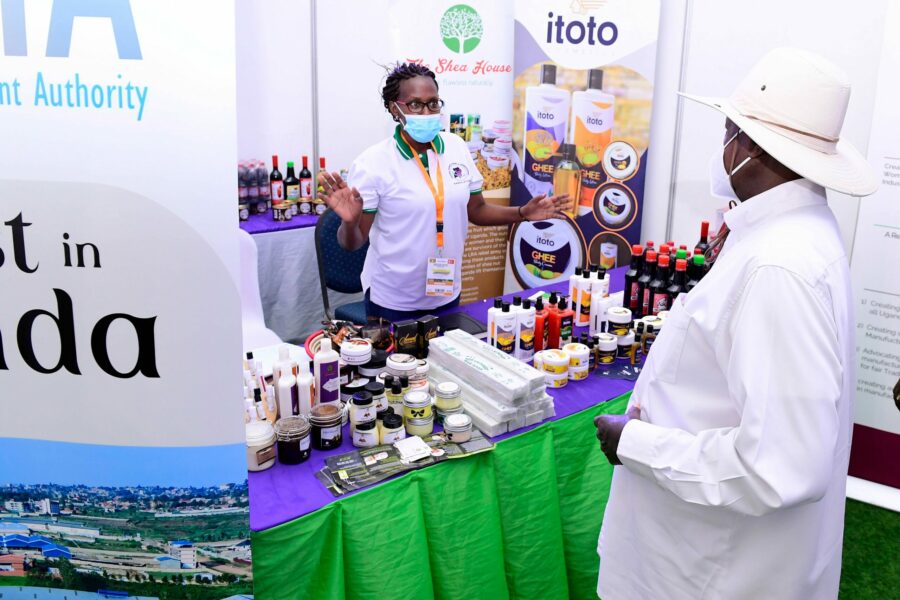On reading the Uganda National Parenting guidelines, Parenting is the process of nurturing, socializing and providing for the child’s holistic growth and development. It is a shared responsibility between both parents but in Uganda, it is mainly carried out by mothers. There is also a significant difference in parenting practices between single and married parents.
Parenting in Uganda takes place
within the wider context of the family and applies to a much broader range of primary caregivers.
Parenting is probably the most important public health issue facing our society. It is the single largest variable implicated in childhood illnesses and accidents; teenage pregnancy and substance misuse; truancy, school disruption, and underachievement; child abuse; unemployability; juvenile crime; and mental illness. These are serious in themselves but are even more important as precursors of problems in adulthood and the next generation.This is why British and other governments are giving parenting high priority (such as, in Britain, the cross departmental committee chaired by the Minister for Public Health and the prime minister’s social exclusion unit).
The importance of parenting arises from its role as a buffer against adversity such as poverty or delinquent influences or even mediator of damage as in child abuse.
Parenting usually involves biological parents but is not confined to them. Carers, teachers, nurses, and others fulfil parenting tasks with children. Parenting has three essential components.
Firstly, care which protects children from harm. Care also encompasses promoting emotional as well as physical health.
Secondly, control which involves setting and enforcing boundaries to ensure children’s and others’ safety, in ever widening areas of activity.
Thirdly, development which involves optimising children’s potential and maximising the opportunities for using it. Although a reasonable consensus exists about “bad parenting,” there is no agreement about its opposite, particularly in a diverse and rapidly changing society.
Even more variable are levels of motivation for sustaining this complex and demanding job. Most parents care for their children, sometimes against great odds. Yet motivation to nurture and protect children is not inborn in humans but acquired and shaped through past experience and current circumstances.
We know that factors such as severe poverty and maternal depression seriously distort or damage the parenting process. Yet under such circumstances parental qualities and skills become ever more important because even in adversity parents may protect children against abuse or exposure to intrafamilial and external stresses.5
An extensive and complex social organisation exists for dealing with children and family difficulties. Yet these problems seem to be getting worse, because little is done to alter fundamentally the lot of the most disadvantaged. Help is fragmented between health, education, and social services.Parents are often marginalised to the position of onlookers of their children’s management, particularly in health services.
Crucially, most professional responses are reactive rather than preventive. When intervention fails the cumulative nature of children’s problems means that further interventions become more costly and less effective. This is seen most starkly in conduct disordered and delinquent children.
General practitioners, community paediatricians, and primary health teams are in a key position to promote services for the whole child, delivered through supporting better parenting. They are best placed to identify children at risk literally before birth through their knowledge of the parents and to monitor their development and their parents’ ability to meet their needs through surgery visits and health visitors. They should insist that the currently fragmented and inefficient services by multiple agencies should be integrated to make the optimum impact on frequently puzzled and fraught parents.
Together with social services and education, they can institute programmes that teach and enhance parenting skills so that parents can take a more effective role with their children.
All this is based on the premise that health professionals are respected experts in children’s health and social development and should use this to promote the wider welfare of children, without which their health will suffer. Above all, this demands an urgent shift of emphasis from reactive intervention to prevention and health promotion which is well justified by the evidence.
We know, for example, that low birth weight and mental handicap can be reduced ninefold and disruptive behaviour improved by early intervention.
The result will be emergence of a “parenting society,” in which all citizens recognise their shared rights and responsibilities for giving and receiving care, control, and development, particularly to the needy, among whom children are the most prominent.
Like Hajjat Janat Mukwaya clearly stated it in the foreword of the national parenting guidelines, the Government of Uganda recognizes the critical importance of parenting as a foundation of ensuring that all children in the country realize their full potential. This commitment should be put into practice as reflected in the formulation of the National Parenting Guidelines.
For God and my Country.
Lukanga Samuel
lukangasamuel55@gmail.com
+256 785717379
The writer is a social development enthusiast and a judicious youth leader from Nakaseke District.
Do you have a story in your community or an opinion to share with us: Email us at Submit an Article









